Pinky Anand - Trials of Truth
Here you can read online Pinky Anand - Trials of Truth full text of the book (entire story) in english for free. Download pdf and epub, get meaning, cover and reviews about this ebook. year: 2017, publisher: Penguin Random House India Private Limited, genre: Detective and thriller. Description of the work, (preface) as well as reviews are available. Best literature library LitArk.com created for fans of good reading and offers a wide selection of genres:
Romance novel
Science fiction
Adventure
Detective
Science
History
Home and family
Prose
Art
Politics
Computer
Non-fiction
Religion
Business
Children
Humor
Choose a favorite category and find really read worthwhile books. Enjoy immersion in the world of imagination, feel the emotions of the characters or learn something new for yourself, make an fascinating discovery.
- Book:Trials of Truth
- Author:
- Publisher:Penguin Random House India Private Limited
- Genre:
- Year:2017
- Rating:5 / 5
- Favourites:Add to favourites
- Your mark:
- 100
- 1
- 2
- 3
- 4
- 5
Trials of Truth: summary, description and annotation
We offer to read an annotation, description, summary or preface (depends on what the author of the book "Trials of Truth" wrote himself). If you haven't found the necessary information about the book — write in the comments, we will try to find it.
Trials of Truth — read online for free the complete book (whole text) full work
Below is the text of the book, divided by pages. System saving the place of the last page read, allows you to conveniently read the book "Trials of Truth" online for free, without having to search again every time where you left off. Put a bookmark, and you can go to the page where you finished reading at any time.
Font size:
Interval:
Bookmark:



GAURI GOBURDHUN

PENGUIN BOOKS

PENGUIN BOOKS
I dedicate this book to the cause of justice

The N.S. Jain murder case took the country by storm. As a young lawyer, it was the first trial I was attending at the Parliament Street district courts. The case was being tried by Ram Jethmalani, B.B. Lal and K.K. Luthra for the accused. I was fascinated. There was no direct evidence available. It was all about establishing links, typical to cases of contract killing. It was like fitting together the pieces of a jigsaw puzzle.
At the mention of contract killing, most people would instinctively think of trained professionals, slick and glamorous, in the style of James Bond, or the Jackal in Frederick Forsyths The Day of the Jackal. The reality often is that contract killers belong to the poor sections of the society, exploited by vengeful people who dont want to dirty their hands and be nabbed for a crime. The problem with contract killing is that even if a trail is created, it is usually difficult to incarcerate the actual mastermind. Contract killers are ready to take on this risk for even a fistful of rupees, as little as Rs 500 at times. Organized-crime contract killing is slightly different; it is more gang-related and associated with violence around drug markets in large cities or trafficking transit zones in countries such as Brazil and Mexico. No matter the motivation, contract killers are emotionless, hard-hearted murderers who kill for cold, hard cash.
Crime lore has somehow managed to romanticize the entire gruesome process and merge it with ideas of honour and daring, but at the end of the day, it is nothing but an agreement to conspire and kill.
The entire process becomes a business transaction, instead of the emotionally fraught experience of actually committing a murder. Outsourcing the crime is always more beneficial for the hiring party, not only because they do not have to be directly involved, but also because it is difficult for law enforcement to employ traditional methods to determine guilt or motive, or establish circumstances. Often there is nothing to tie the contract killer to the victim and thus it becomes extremely difficult to link them. Simultaneously, the hirer can provide a watertight alibi for the time of murder and also ensure there is no visible money trail as all transactions are carried out in cash.
All these reasons put together have resulted in killing for hire becoming an entire terrifying industry in itself.
Over a period of time, contract killing has established itself as an expanding and growing business, with its own specific customs, sense of work ethic and norms such as anonymity and the importance of the reputations of the killers. Its dynamic base market, involving vast hosts of network and booming figures of supply and demand, has resulted in the creation of a massive nexus of nefarious intent and illicit activities. Single incidents are often indicative of an enormous operation that connects people across different spheres.
Contract killing has been around as long as we can remember. Instances date back to when the kings or noblemen of the land used to hire killers to do their dirty work. During the 1960s and 1970s, the city of Bombay (now known as Mumbai) experienced the rise of the Indian underworld, the first-ever organized crime syndicate in the country. This notorious group of people and their lives have fed the fantasies of many a crime buff and made Dawood Ibrahim, Haji Mastan and Chhota Rajan household names.
The first reported case of contract killing in India was in 1969. The smuggler Haji Mastan paid two Pakistani men what was then a princely sum of Rs 10,000 to eliminate the gangster Yusuf Patel. However, this attempt was aborted.
Slowly, this set-up shifted to areas of Bihar and Uttar Pradesh since the Maharashtra police began conducting regular raids to eliminate these mafia power lords and sharpshooters. Unfortunately, in the former states, there were more people who could be easily convinced into being guns for hire due to the persistent poverty.
The mafia employed these men to get rid of powerful personalitiesmostly in the realm of politics, the Indian film industry, real estateor anyone else. They would do this to scare people into paying money to these overlords. Thus began a system of terror.
Another chilling case was the murder of the racketeer Amirzada Nawab Khan, carried out on the orders of Dawood Ibrahim. Khan was behind the murder of Dawoods elder brother, who had been shot in broad daylight at the Mumbai sessions court; he had been murdered by a twenty-four-year-old unemployed man, David Pardesi, for the price of Rs 50,000.
R.K. Sharma, an IPS officer, used to receive frequent visits from Shivani Bhatnagar in the Prime Ministers Office to gather information regarding matters on which she was reporting. These frequent meetings developed into intimacy, frequent phone calls and meetings after office hours. It is alleged that the couple were deeply in love with each other and Shivani was pregnant with Sharmas child. The relationship developed to such an extent that they decided to marry each other after divorcing their respective spouses.
The story as reported by the media was that by the time Shivani gave birth to a male child, Sharma, the appellant, had already lost interest in her. She threatened to ruin his life and career by exposing him but paid for it with her life. The contract killer Pradeep Sharma was identified, but R.K. Sharma himself was acquitted. The Delhi High Court examined whether Pradeep Sharma had murdered Shivani Bhatnagar. However, it was observed that even if this fact were established, it would further have to be proved that it was at the behest of someone else that Pradeep had committed the offence and not of his own free will, in order to establish a criminal conspiracy. Appeals against the acquittal of R.K. Sharma have been filed by the state in the Supreme Court and are pending.
One would imagine that in such situations, which involve the risk of incarceration and even the death penalty, the remuneration would be substantial. However, I have come across instances where some deals to commit murders are forged for as little as Rs 5000. While, on one hand, this reflects how morally depraved our society has become, on the other hand, it reveals some peoples strong need for survival. The lack of basic education, services and skill sets in India, combined with greed and the low regard for human life, has turned committing murders into a viable job option.
Narendra Singh Jains case marks the infamous 1973 contract killing of Mrs Vidya Jain. This case came to everyones attention possibly because both the killer and the deceased belonged to the upper echelons of society. Somehow, when a murder takes place among well-to-do people, it has a higher impact on the public. In this case, the accused was Dr N.S. Jain, the personal eye surgeon of the then Indian President, V.V. Giri, who hired two people to kill his forty-five-year-old wife in conspiracy with his paramour, Chandresh.
Font size:
Interval:
Bookmark:
Similar books «Trials of Truth»
Look at similar books to Trials of Truth. We have selected literature similar in name and meaning in the hope of providing readers with more options to find new, interesting, not yet read works.
Discussion, reviews of the book Trials of Truth and just readers' own opinions. Leave your comments, write what you think about the work, its meaning or the main characters. Specify what exactly you liked and what you didn't like, and why you think so.

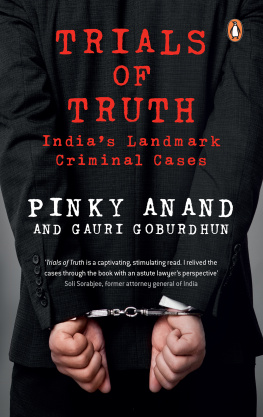


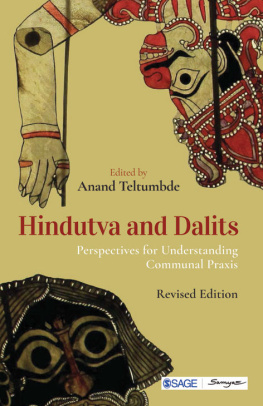
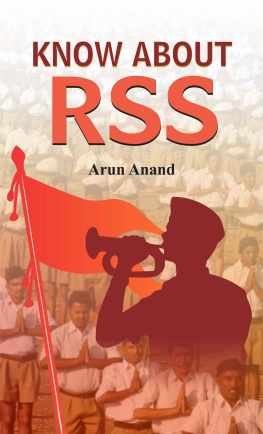
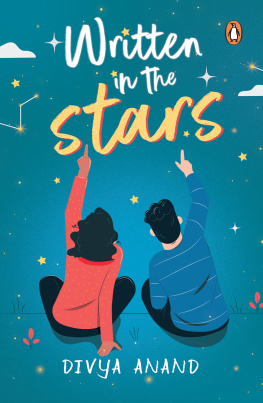
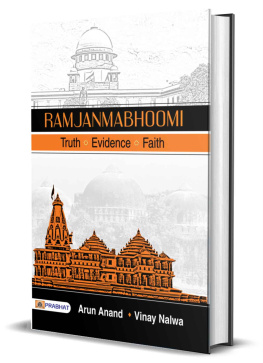
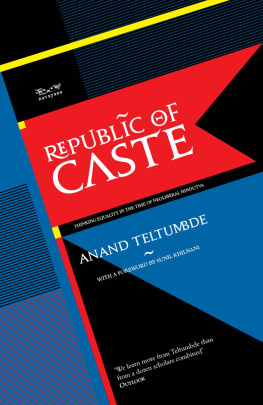
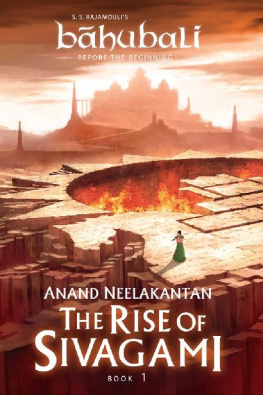
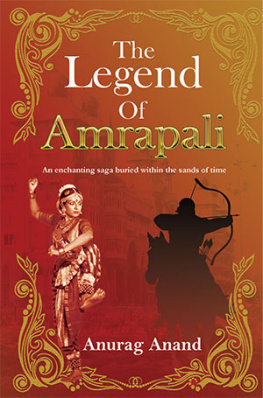
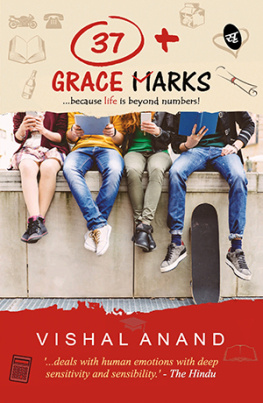
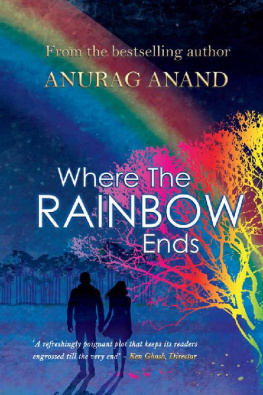
![Anita Anand - The Library Book. Anita Anand ... [Et Al.]](/uploads/posts/book/40194/thumbs/anita-anand-the-library-book-anita-anand-et.jpg)